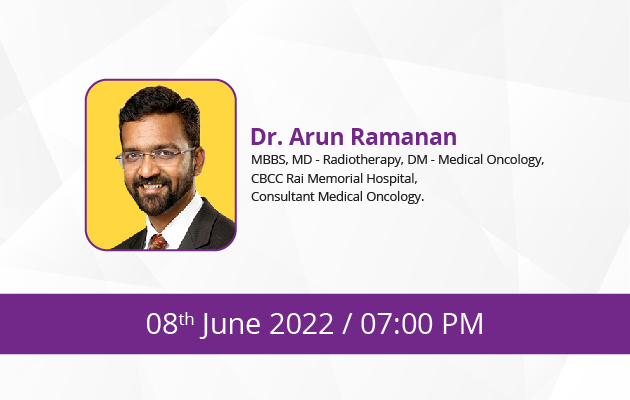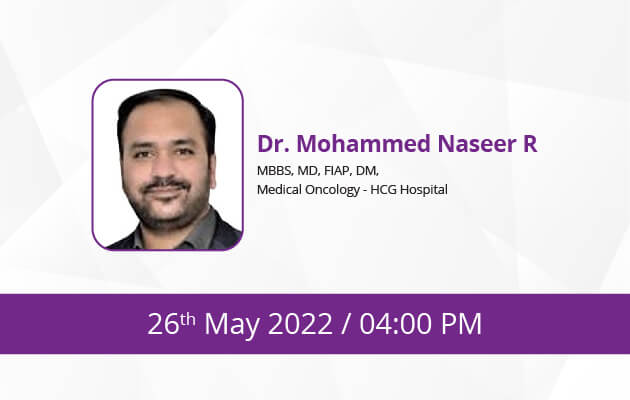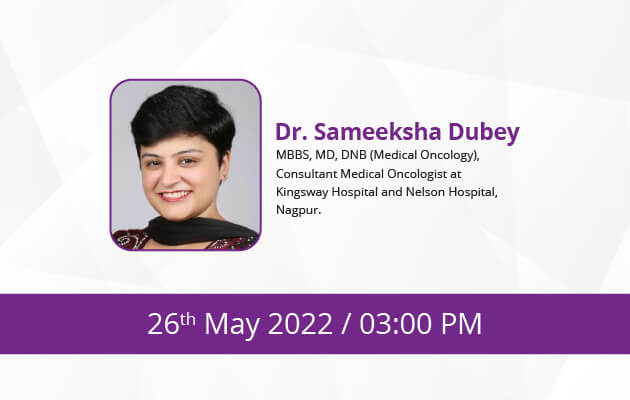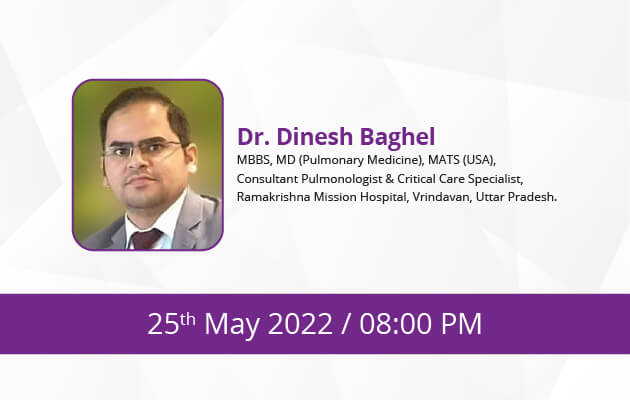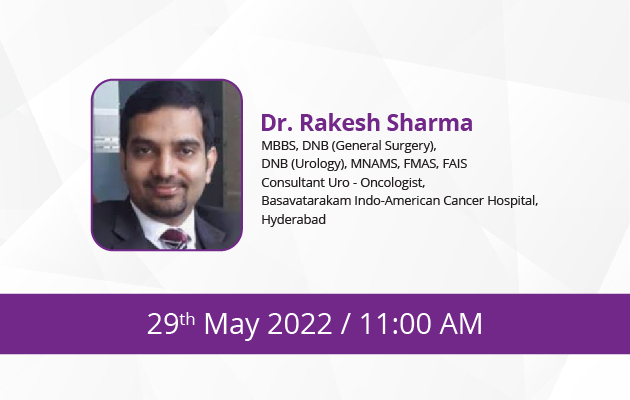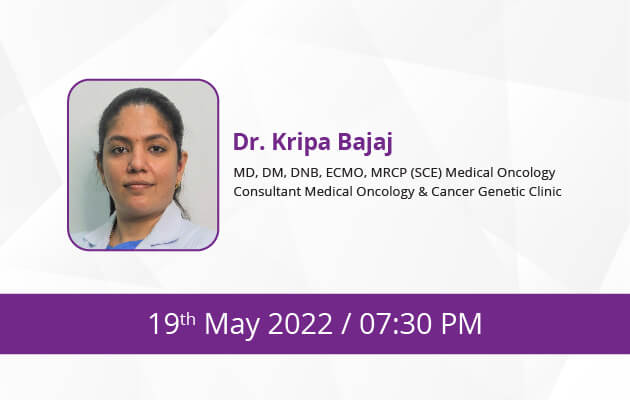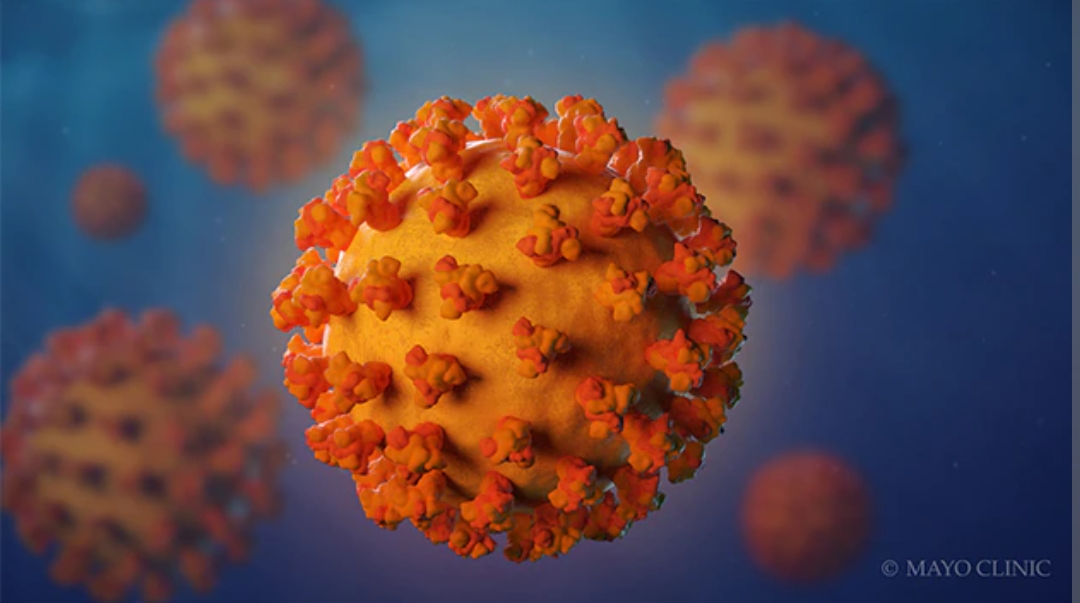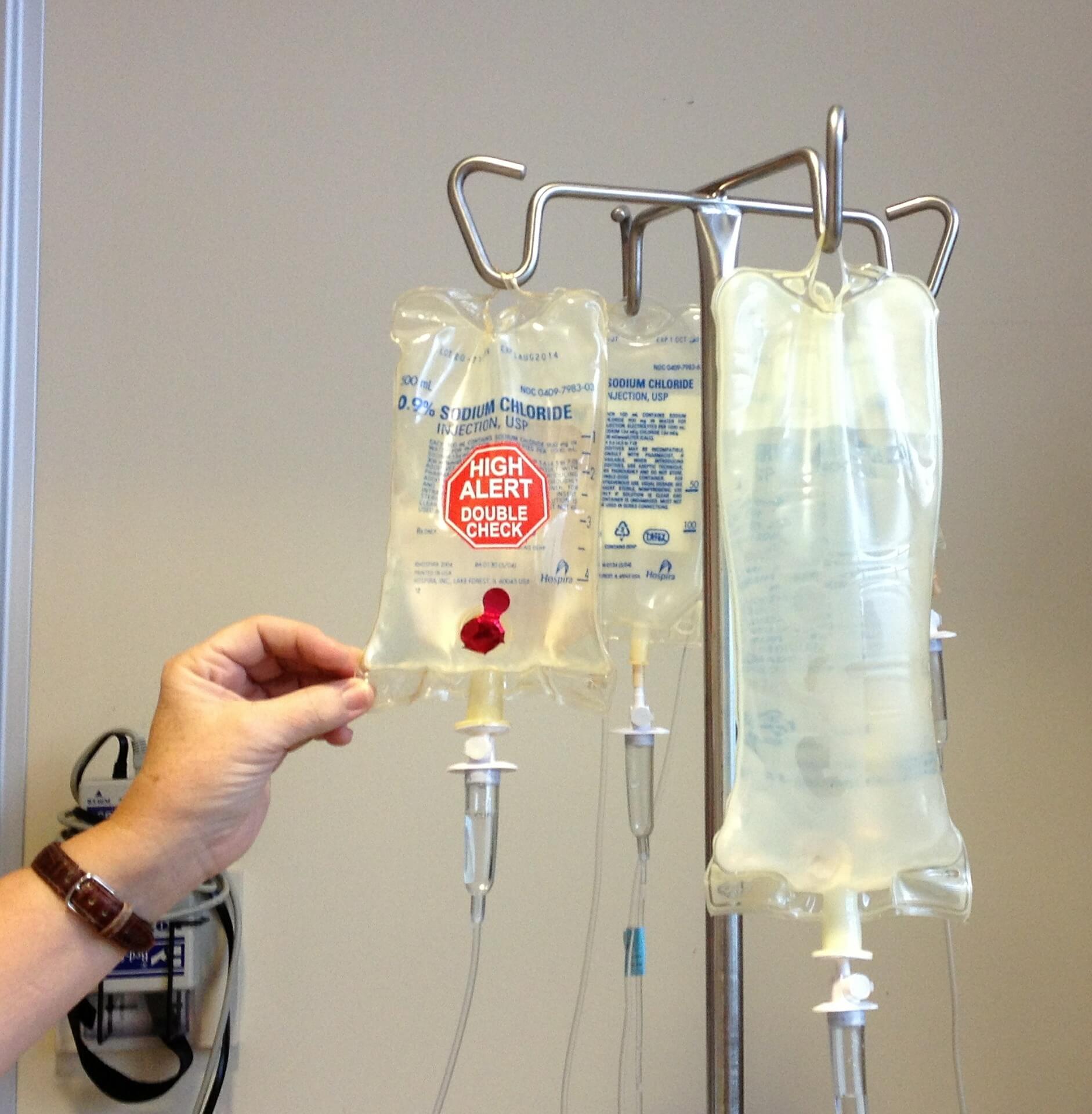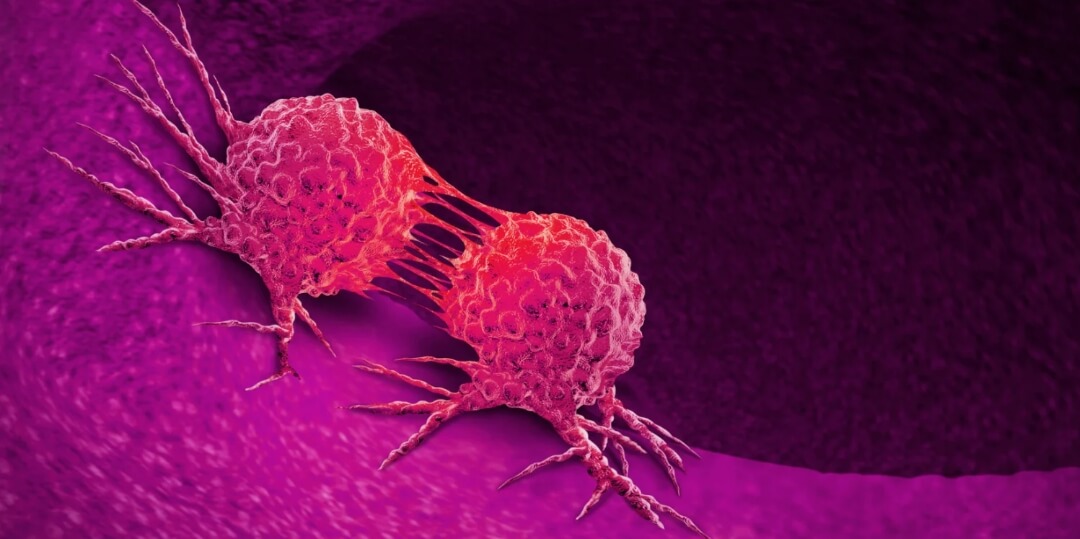
Understanding The Use Of Precision Medicine In Cancer Treatment
Precision medicine in cancer treatment, also known as personalized medicine, is based on understanding gene mutations and how it can affect a person’s chances of getting cancer and the subsequent treatments to cure it. A specific plan of care can be put together by the doctors based on the genetic tests and their results. While in some cases precision medicine in cancer treatment can help come up with accurate diagnosis and prognosis, in other cases it can help inculcate healthy habits and other steps to prevent getting cancer. All types of cancers are caused by certain gene mutations and the advancing use of genetic technology can help understand those mutations and come up with a precise course of action to prevent, mitigate or cure cancer effectively.
Breast cancer, colorectal cancer, stomach cancer, ovarian cancer, thyroid cancer are some of the more common types of cancers where precision medicine is used. For instance, if it is discovered that breast cancer runs in the patient’s family then they can have genetic testing done. The tests can show if they are at a higher risk of getting cancer based on the gene mutations and can further help the doctor suggest a course of action. This was an example of the use of genetic testing and precision medicine in cancer prevention. In cases where the cancer is already diagnosed, genetic testing can help understand the growth and multiplying power of cancer. Furthermore, the proper choice of treatment can be made based on the patient’s gene mutations. The use of precision medicine in cancer treatment helps save time by not going for the treatment that might not work and go for the treatment that specifically targets that gene mutation. Moreover, this would help lower health care costs as precision medicine can guide doctors in choosing the correct treatment that will work best and avoiding other treatments that might cause many unnecessary side effects.
But at the same time, precision medicine in cancer treatment increases the costs in the form of genetic testing and other preventive screening tests that may not be covered under insurance. Also, the research done in this field is limited or hard to access. A huge amount of genomic data needs to be collected and studied adding to the infrastructural costs behind using precision medicine in cancer treatment. This further makes precision time-consuming.
The connection between gene mutation and cancer is not so popular amongst the general masses. This lack of awareness limits the use of precision medicine in cancer prevention and treatment. In many cases, the patient’s family history may be unavailable or may not be precise, making the diagnosis and prognosis difficult. Through precision medicine in cancer treatment is in use and holds promising opportunities, it still has a long way to go.

